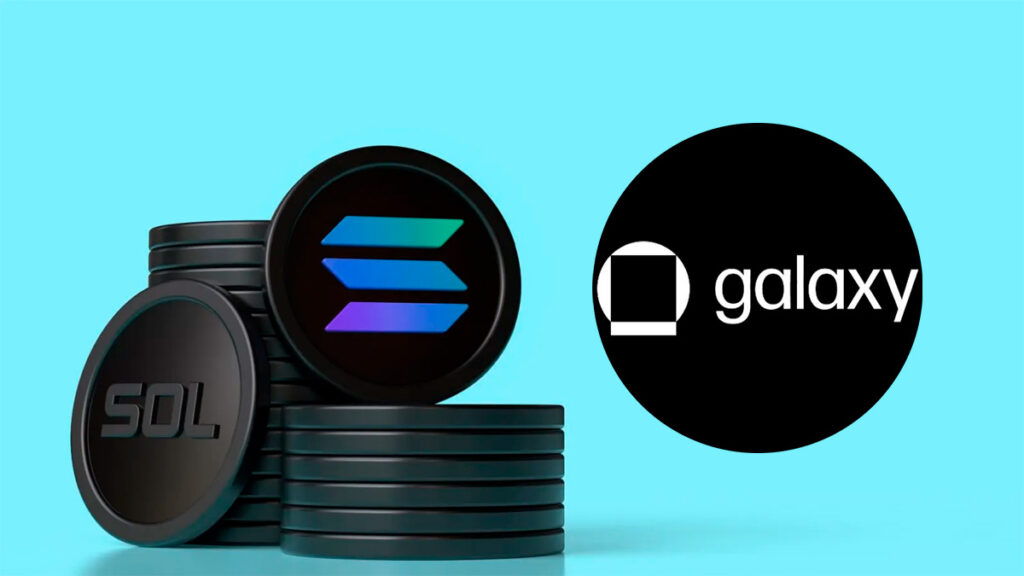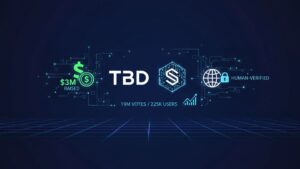TL;DR
- Introducing MESA: Galaxy Research proposes a novel voting system called MESA that lets Solana validators vote on a range of deflation rate options instead of simple yes/no decisions.
- Nuanced Decision-Making: By aggregating multiple “yes” votes into a weighted average, the system captures validators’ diverse opinions and aims to deliver decisions that truly reflect their collective preference.
- A New Governance Era: This market-inspired approach is set to transform Solana’s token emission governance, moving towards a dynamic, efficient, and secure model tailored for evolving network needs.
Solana’s native token emission governance is set for a potential overhaul as Galaxy Research introduces a fresh, market-inspired voting system. In an attempt to address the limitations of traditional binary voting methods, the research firm has proposed a novel mechanism known as Multiple Election Stake-Weight Aggregation (MESA). This new approach is designed to allow validators to express a range of preferences on deflation rates rather than a simple yes-or-no vote.
We just introduced a new Solana proposal called Multiple Election Stake-Weight Aggregation (MESA) to reduce SOL inflation: a more market-based approach to agreeing on the rate of future SOL emissions.https://t.co/mcVdkRiM8y
— Galaxy Research (@glxyresearch) April 17, 2025
Proposing a New Voting System
The motivation for MESA arose from the challenges the community faced in achieving agreement on earlier proposals like SIMD-228, which sought to transition Solana from a static inflation model to a more flexible, market-oriented approach. Recognizing that the binary votes failed to capture the nuanced opinions of the validators, Galaxy Research’s proposal allows for multiple “yes” votes, each tied to distinct deflation rate options.
By aggregating these votes into a weighted average, the mechanism aims to achieve a more reflective outcome that resonates with the validators’ collective preference without resorting to endless cycles of proposal rejections.

How MESA Works
Under the MESA system, validators can cast votes across several deflation rate options while maintaining a fixed terminal inflation rate of 1.5%. For instance, if the voting distribution were such that 5% chose to keep the default 15% deflation, while 50% and 45% supported rates of 30% and 33%, respectively, the aggregated result would lean towards a deflation rate of around 30.6%.
This spectrum-based approach ensures that a broader range of opinions is considered, offering a more market-driven solution that could better balance the need for predictable token emissions with evolving network dynamics.
Future Impact on Solana
Adopting MESA could mark a significant shift in how Solana manages its token inflation, moving away from rigid, binary governance models to one that mirrors the complexities of a dynamic market.
With Solana’s current inflation rate at 4.6% and a substantial proportion of staked tokens, this proposal could drive more secure and efficient network economics. As debates continue and stakeholders weigh in on the merits of a more adaptable voting system, Galaxy Research’s proposal may pave the way for a new era of decentralized governance on Solana.









